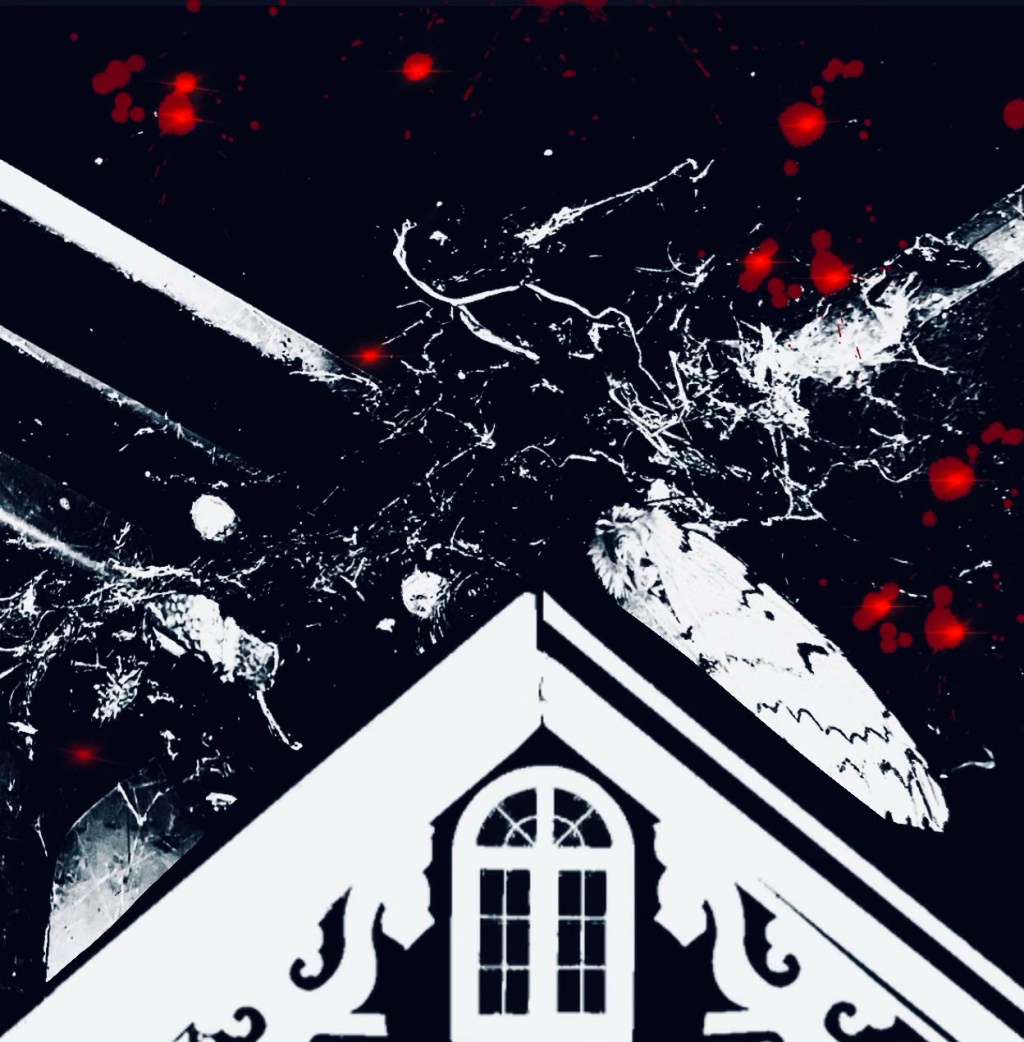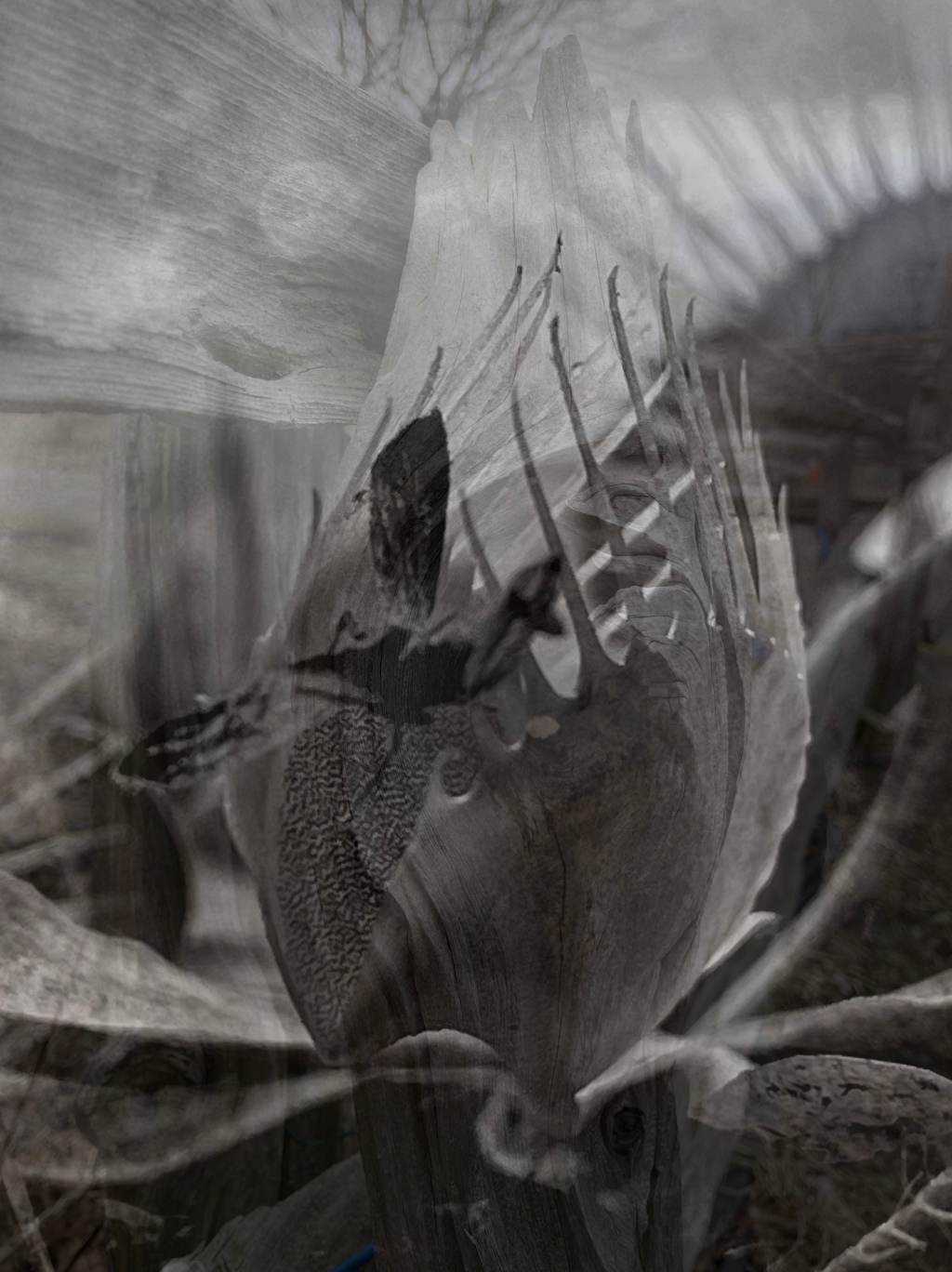Bootleg Trail: A Narrative Exploration of Choice
By Michael Bettendorf
In 2018 I wrote a review for Tim Bird’s comic The Great North Wood that explores psychogeography, and ever since, the concept has been wandering through my subconscious. Specifically, psychogeography has infiltrated my writing in ways both intended and unintended, oftentimes the central ideas not revealing themselves until a story was fully realized. On occasion it took not only the front seat, but the driver’s seat with a lead foot on the gas.
Psychogeography is the technique French philosopher Guy Debord came up with to study architecture and urban environments, the relationship between these two things, and how that relationship influences emotion and behavior. Think structure. Think paths—intended pathways—like how a sidewalk may curve around the façade of a building. And if you’re a person walking from point A to point B and you come across this bend …, do you follow the curve? Do you walk through it linearly? Do you avoid it altogether and cross the street?
What about unintended paths? The ones over fences or through a fountain, glimmering with loose change. What of their impact on the interpersonal connection the wanderer has to these places and to these routes, arbitrary or otherwise?
This experience and exploration can create a sort of playfulness that we often grow out of, but we don’t have to. And when it comes to writing, it’s often hard to know what that sense of play looks like when it comes to the narrative form—a traditionally structured form of art and communication.
Well, lately for me it’s my debut novel/gamebook Trve Cvlt (forthcoming 2024), which is forthcoming from Tenebrous Press later this year. It’s a project that has the wall above my desk looking a lot like Charlie Day’s “Pepe Silva” conspiracy wall from S4:E10 of It’s Always Sunny in Philadelphia (2008) or the sticky-note riddled wall from A Beautiful Mind (2001).
It’s an effort in experimentation, specifically exploring aspects of classic Choose Your Own Adventure style novels and reader-interactivity of gamebook titles like the Lone Wolf series, but with the modern Weird Horror audience in mind.
So what’s the point in writing a niche narrative form intended for a niche group of weirdos? A lot of it is simply because I can, but that’s kind of a glib answer, though it isn’t an invalid one. People should write for their own gratification. But when I think about psychogeography through a writing lens, I can’t ignore the interpersonal connections I have to the form itself, the act of writing, the building blocks of Trve Cvlt, (black metal meets small midwestern town meets stagnation meets religion) which all culminate through the exploration of writing into something I just have to do. I’m hardly reinventing the wheel here. CYOA, gamebooks, TTRPGs, and other interactive and experimental types of storytelling have been around for decades. I’m only trying to shine a different light on them.
And who knows? Maybe it’s all an effort in growth and pushing myself to try something different. After all, writing is a craft. It takes work, despite what all of the AI losers want people to believe. It’s an art and a process that takes conscious effort. The whole journey-not-the-destination thing. And it’s easy to fall into rigid routines that can lead to creative stagnation. Don’t get me wrong—healthy routines are vital to writing. It’s the only way I get anything done. But it’s easy to fall into the productivity trap. The input/output trap. The cycle of write-submit-rejection is grueling.
Which is why experimentation in writing can be massively beneficial, not only to you, the writer—but to the other you, the reader.
Not to fall down a dark, twisted rabbit hole here, but it’s worth noting that rules/tropes/traditional narrative structures/etc. exist for a reason, so experimentation isn’t necessarily about breaking rules for the sake of breaking rules but rather the intention behind breaking specific rules. In order to do so, it’s important to know how and why rules exist before you can effectively break them—
Can you feel it? The wall in your mind that’s being laid brick by brick trying to stop you from moving forward with your weirdo idea?
—those are the rules that often keep people from trying something new. A better way to put it might be playing. Remember playing as kids? The thing adulthood and nine-to-fives and commutes like to squeeze out of us. How fucking fun was that? That’s what experimenting in writing can be if you can overcome the brick wall.
Trying is key.
Playing is key.
Being okay with failing is key. I won’t scare you with publishing stats, but yeesh. The odds of landing an agent are not pretty. You may as well have fun doing this thing, ya know? Sometimes it makes sense to stay on path A and walk the intended route, but what’s the harm in taking option B and walking on the grass? You might find that you’ll like it. Hell, it may even open another path you didn’t know existed.
AUTHOR BIO

Michael Bettendorf (he/him) is a writer from the US Midwest. His short fiction has appeared/is forthcoming at Drabblecast, Sley House Press, and elsewhere. Michael’s debut experimental novel/gamebook Trve Cvlt is forthcoming at Tenebrous Press (2024). He works in a high school library in Lincoln, NE – a place he tries to convince the world is too strange to be a flyover state. Find him on BlueSky/ Twitter @BeardedBetts and www.michaelbettendorfwrites.com.


